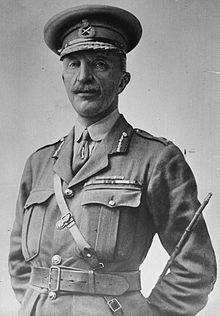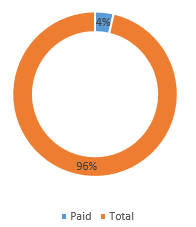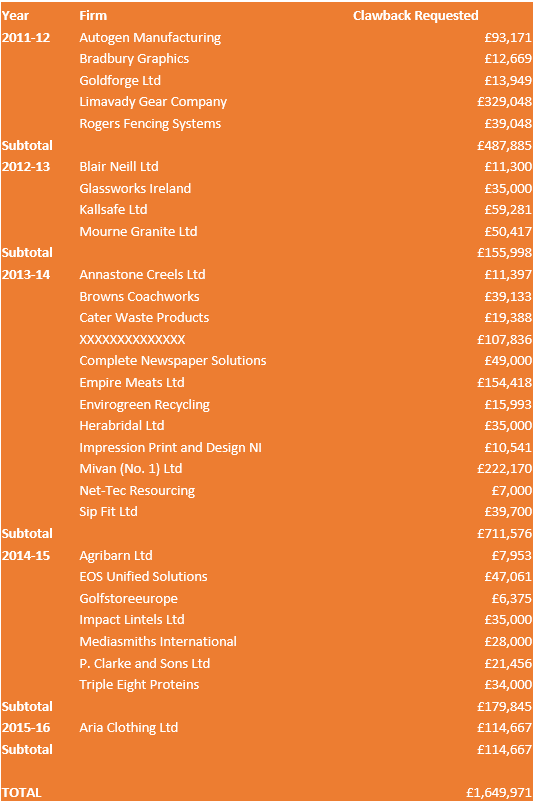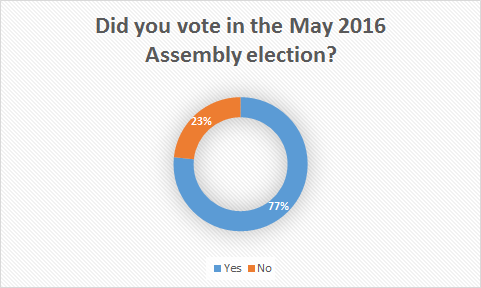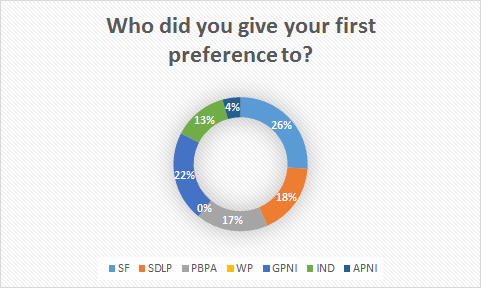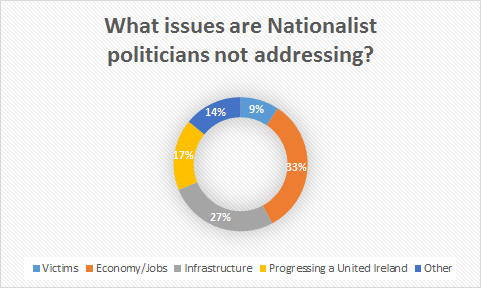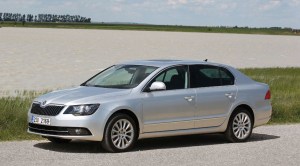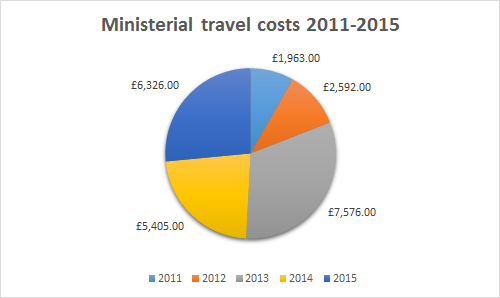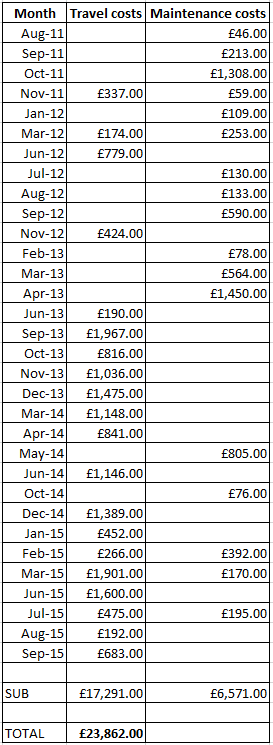The implementation of the Assembly Members (Reduction of Numbers) Act 2016 took one seat from each of the NI Assembly constituencies, reducing the number of MLAs by eighteen.
I thought that given we are now in the midst of the ‘brutal’ election, I would see how the parties could perhaps be affected, and it will make difficult reading for some. The methodology is simple – remove the Assembly member that was elected last in each of the constituencies in May 2016 and see how the parties stand.
It’s not exactly scientific, but given the unlikeliness of a seismic politic shift generally, and in most constituencies, it could well be a good barometer for the future makeup of the Assembly and the fortune of parties.
The data revealed some shocking names, big names, that would fall if the May 2016 election were re-run with five seaters across the board.
These are some of the well-known faces that would be wiped out.

In total, the data, all from the Electoral Office which indicates the order of who had been elected in each constituency in May 2016, would leave the state of the parties like this:
Not particularly good reading for any party apart from perhaps the Ulster Unionist Party who would go from 16 MLAs to 15.
The DUP would take a dip to 33 but would still be over that crucial 30 member line that would allow them to deploy a Petition of Concern. They would lose the Speakers seat in East Belfast.
SF would fall to 23 members, way off their current 28 – though it must be said that one of the seats they would be due to lose would be the North Antrim seat won by Daithi McKay in May 2016.
The continued fall of the SDLP will roll on, losing five seats and some big hitters like former Minister Alex Attwood in West Belfast, bringing them down to 12.
The UUP will lose one in Strangford, along with Alliance in North Down – albeit Stephen Farry, former DEL Minister and Deputy Leader of the party.
People Before Profit would be set to lose the seat in Foyle only won by Eamonn McCann in May 2016, though to put it in context they may well stay on two if the Carroll machine in West Belfast can clinch a second seat.
Constituencies
Here is the full list based on the sixth member elected in May 2016:
Belfast East: Robin Newton (DUP)
Belfast North: Nichola Mallon (SDLP)
Belfast South: Christopher Stalford (DUP)
Belfast West: Alex Attwood (SDLP)
East Antrim: Oliver McMullan (SF)
East Derry: Caoimhe Archibald (SF)
Fermanagh and South Tyrone: Richie McPhillips (SDLP)
Foyle: Eamonn McCann (PBPA)
Lagan Valley: Brenda Hale (DUP)
Mid Ulster: Keith Buchanan (DUP)
Newry and Armagh: Justin McNulty (SDLP)
North Antrim: Daithi McKay (SF)
North Down: Dr Stephen Farry (AL)
South Antrim: Trevor Clarke (DUP)
South Down: Colin McGrath (SDLP)
Strangford: Phillip Smith (UUP)
Upper Bann: John O’Dowd (SF)
West Tyrone: Declan McAleer (SF)








